Washington Should Divide, Not Unite, Russia and China

There are still opportunities to drive a wedge between Russia and China, just as when Richard Nixon exploited the Sino-Soviet split.
By Mark Hannah, Senior Fellow
This article appeared in The National Interest on September 14, 2023.
Russia and China recently wrapped up a series of joint air and naval exercises dubbed “Northern/Interaction-2023.” Chinese state media hailed the exercises as a “substantive manifestation of the China-Russia strategic partnership.” The drills took place off the coast of Japan, spooking one of America’s most crucial allies in Asia.
Then, in what one analyst called a “highly provocative” move and a “historical first,” a joint Russian and Chinese naval flotilla approached the coast of Alaska. Biden administration officials downplayed the news, emphasizing that the patrol took place in international waters. But a Republican senator from Alaska cited the naval patrol as evidence of “a new era of authoritarian aggression.”
Some fear these developments signal an emerging power bloc in Asia bent on contesting American influence. Yet leading officials and commentators often fail to understand how the United States itself helped create the conditions for increasing Russo-Chinese alignment. Military cooperation between Moscow and Beijing is not simply an inevitable convergence of like-minded authoritarian states, as the popular narrative suggests. It is also a direct response to American muscle-flexing in the region.
In the past year, the United States has needled China in several ways. Washington sent a nuclear-armed submarine to South Korea in a show of force, bolstered its partnership with India, and deepened strategic coordination with other Quadrilateral Security Dialogue (“Quad”) members. Washington also held landmark military exercises with Japan and cut a deal to station more troops in the Philippines.
Read more of Mark’s article in The National Interest.

Written by Mark Hannah
Mark is a senior fellow with the Independent America project at the Institute for Global Affairs and host of IGA’s podcast, None Of The Above.
More from Mark
This post is part of Independent America, a research program led out by Jonathan Guyer, which seeks to explore how US foreign policy could better be tailored to new global realities and to the preferences of American voters.
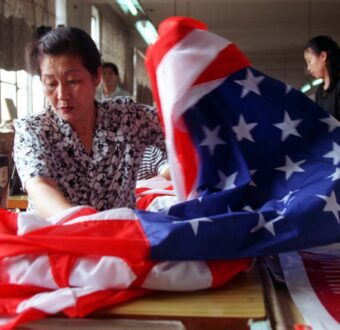


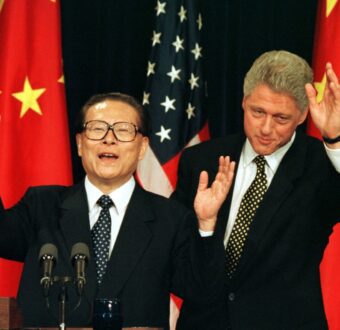
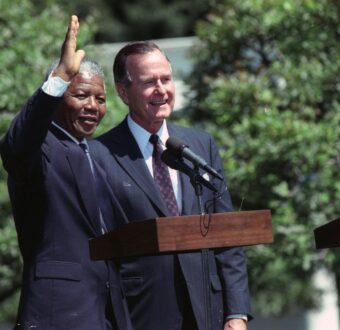
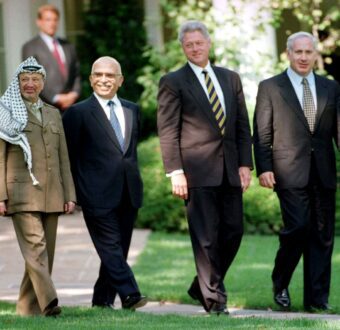
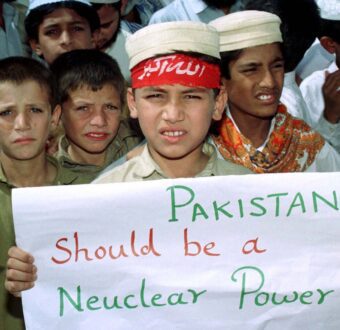

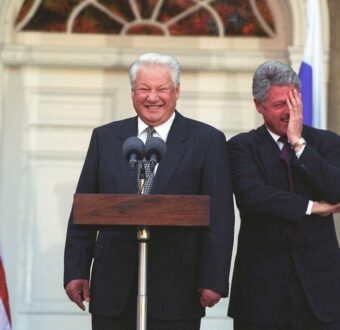

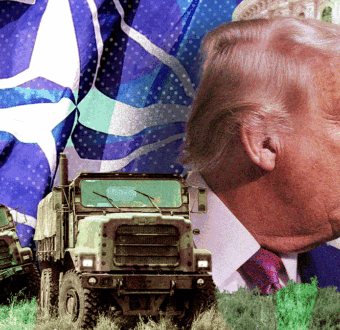



Why Big Tech’s push into military AI matters